The Shifting Sands of PC Gaming: Exclusivity, Regulation, and the Fight for Your Eyeballs The PC gaming landscape.
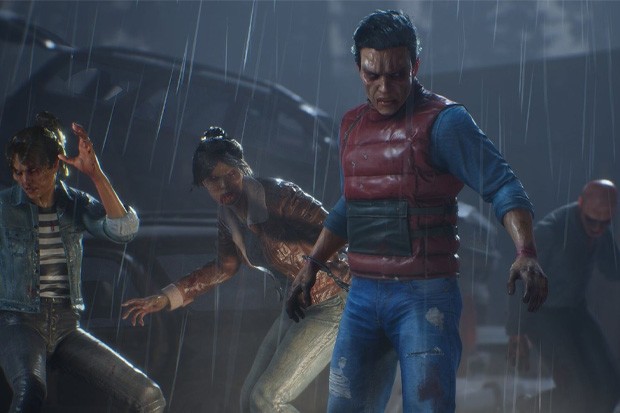
The PC gaming landscape. It's not a static painting, but a constantly evolving battlefield, a dynamic ecosystem where giants clash, strategies shift, and the very ground beneath our digital feet is never quite firm. Are console wars spilling onto your PC? Is regulation about to change the way you buy and play? Let’s dive in.
Exclusivity Wars: Choosing Your Allegiance (Or Not)
The console wars of yesteryear are evolving, and the PC is increasingly caught in the crossfire. Microsoft, with its Xbox Game Pass, has been aggressively pursuing timed exclusivity for titles like Starfield and Senua's Saga: Hellblade II. The strategy? Lure players into their ecosystem. The upside? Well, theoretically, funding allows for greater development budgets and potentially, higher quality games. The reality? A fragmented player base.
Let's be clear: the argument for exclusivity often boils down to "more money for development." And that's not inherently bad. But when you're told you can only play a highly anticipated title on a specific platform, or by subscribing to a service you might not otherwise use, it stings. The reaction to Starfield's exclusivity was a prime example, with some hailing it as a win for Game Pass and others decrying it as anti-consumer. Game Pass subscriber numbers have seen a boost, proving the strategy works to some extent, but at what cost to the wider PC gaming community? The lines are blurring between PC as a platform and PC as simply another way to access a console's ecosystem.
Steam vs. Epic Games Store: The Arena of Distribution
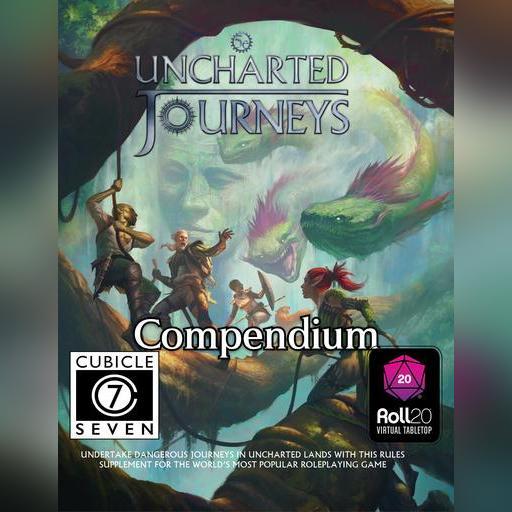
Then we have the ongoing saga of Steam vs. Epic Games Store. Steam, the veteran champion, built its empire on community, a massive library, and a user-friendly (if sometimes bloated) interface. Epic, the upstart challenger, came swinging with deep pockets and a strategy built on one word: exclusives.
Remember the flood of "free games" Epic threw at us? That was just the opening salvo. Their real play was securing timed exclusivity deals, often for highly anticipated titles. While Steam focuses on its enhanced Workshop, improved social features, and the frankly bewildering point system, Epic was busy writing checks. But are exclusives enough? Steam's robust community features – forums, guides, user reviews – offer a depth of engagement Epic struggles to match. Ultimately, the differing revenue splits (Epic's more generous cut for developers) are intended to lure developers, which in turn is supposed to benefit us, the PC gamers. Whether that's truly the case is still up for debate, especially when it forces players to juggle multiple launchers and accounts.
Regulatory Rumble: The EU's Digital Markets Act (DMA)
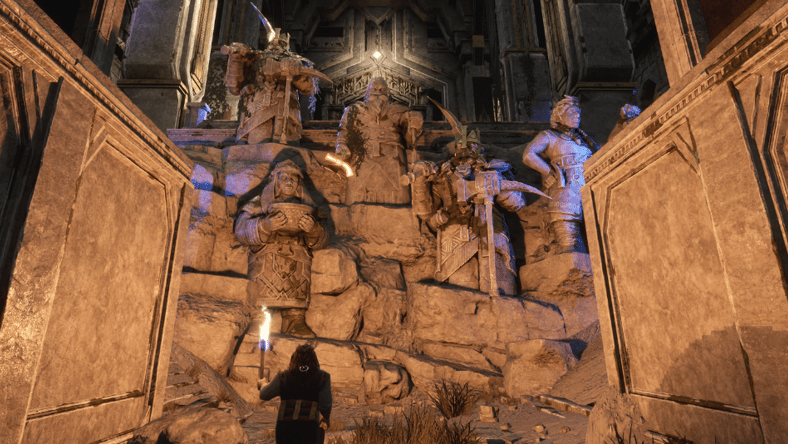
Enter the regulators. The EU's Digital Markets Act (DMA) is looming large, and its impact on PC gaming could be significant. While primarily aimed at tech giants, the DMA's core principle of promoting competition and interoperability has far-reaching implications.
One of the key provisions is the potential requirement for Apple to allow alternative app stores on iOS. How does that relate to PC gaming? Well, increased interoperability could lead to seamless cross-platform play between PC games and their mobile counterparts. Imagine playing Fortnite with your friends, some on PC, some on iOS, all without the walled-garden restrictions currently in place. The DMA could also pave the way for new game distribution models, challenging the dominance of Steam and Epic. This isn't just about cheaper games; it's about a more open and diverse ecosystem. The challenges? Ensuring fair competition and preventing malicious actors from exploiting the new landscape. The opportunities? More choice, better prices, and a truly interconnected gaming experience.
Embracer Group's Restructuring Fallout: A Studio's Struggle
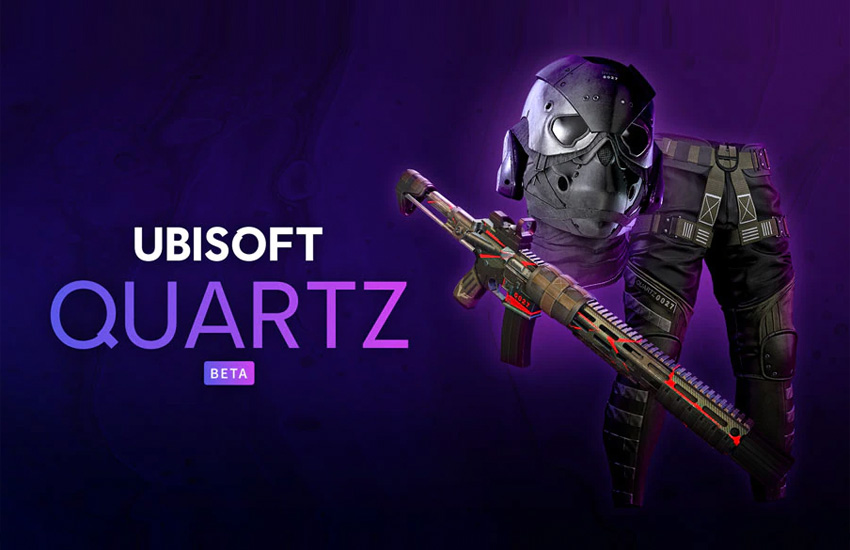
The business side of gaming can be brutal. Embracer Group's rapid expansion followed by equally rapid restructuring sent shockwaves through the industry. Studios like Crystal Dynamics, now tasked with the development of current and future Tomb Raider games, are directly impacted.
What does this mean for us, the players? Potentially, longer development cycles, reduced budgets, and a knock-on effect on game quality. Studio morale is a critical factor. When developers are worried about their jobs, it's hard to focus on creating the best possible experience. Recent reports suggest that some projects have been scaled back or even cancelled due to the restructuring. Finding reliable sources about the internal state of studios is difficult, but the industry grapevine is always abuzz. The hope is that Crystal Dynamics can weather the storm and deliver a Tomb Raider worthy of Lara Croft's legacy, but the uncertainty surrounding Embracer Group's future casts a long shadow.
NFT Naysayers: The Backlash Against Ubisoft Quartz
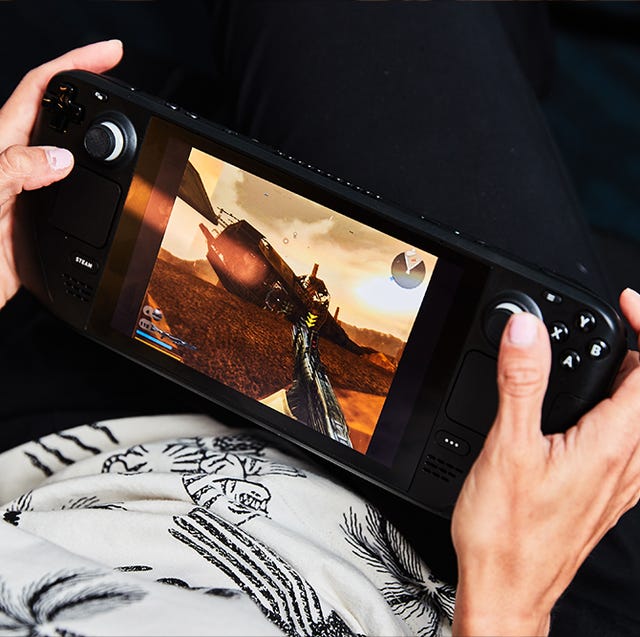
Ah, NFTs. Remember the hype? Ubisoft Quartz was supposed to revolutionize gaming, offering unique, tradable in-game items. Instead, it was met with near-universal derision. The backlash was swift and brutal, and for good reason.
The core issue wasn't just about NFTs themselves, but about how they were implemented. Concerns about environmental impact, speculative value, and the potential for "pay-to-win" mechanics fueled the fire. Players saw it as a cynical attempt to extract more money from them, with no tangible benefit to the gameplay experience. Forums and social media were flooded with negative comments, with many accusing Ubisoft of being out of touch with their audience. The failure of Ubisoft Quartz serves as a cautionary tale: players are savvy, and they can spot a cash grab a mile away.
Steam Deck's Unexpected Impact: Portability and Performance
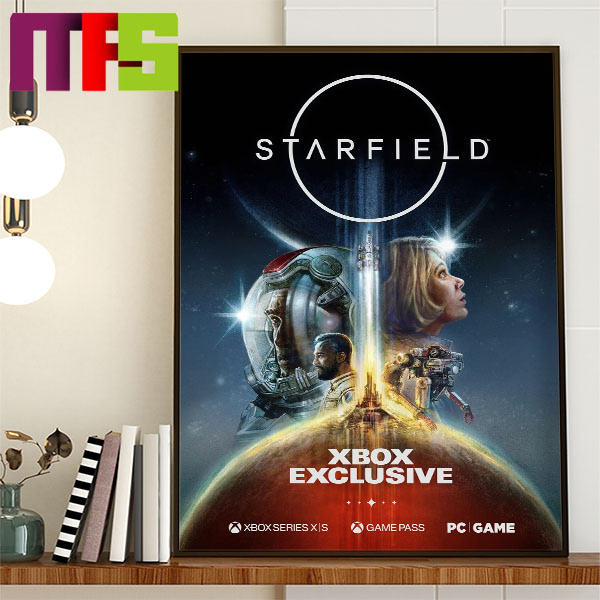
Finally, let's talk about the Steam Deck. Valve's handheld PC has had a surprisingly significant impact on the wider PC gaming landscape.
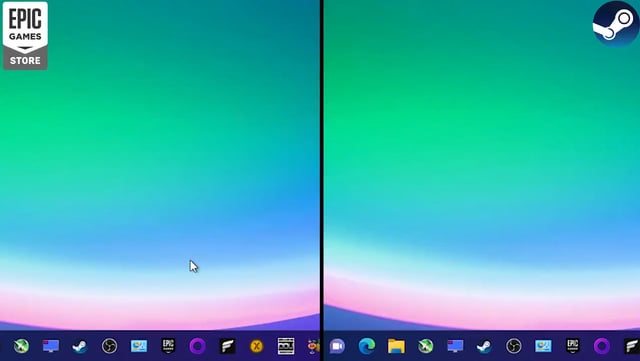
The Deck has encouraged developers to optimize their games for Linux-based systems (thanks to Steam's Proton compatibility layer) and to cater to a handheld PC experience. Games are now being designed with lower power consumption and smaller screen sizes in mind. This benefits everyone, even those who primarily game on desktops. The increased focus on compatibility and performance is pushing the entire PC gaming ecosystem forward. The Steam Deck isn't just a handheld; it's a catalyst for change.
Conclusion: Navigating the Future
The PC gaming landscape is a complex and ever-shifting arena. Exclusivity wars, platform battles, regulatory scrutiny, and the rise (and fall) of new technologies are all shaping the future of how we play.
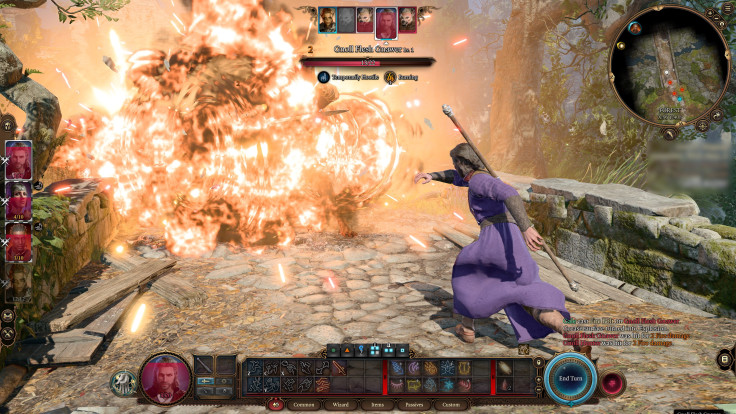
The fight for your eyeballs – and your wallet – is fierce. Navigating this landscape requires a discerning eye, a healthy dose of skepticism, and a willingness to adapt. As seasoned PC gamers, we must demand better choices, advocate for fair practices, and support the developers who prioritize quality and innovation over short-term profits. The future of PC gaming is in our hands. Let's make sure it's a bright one.
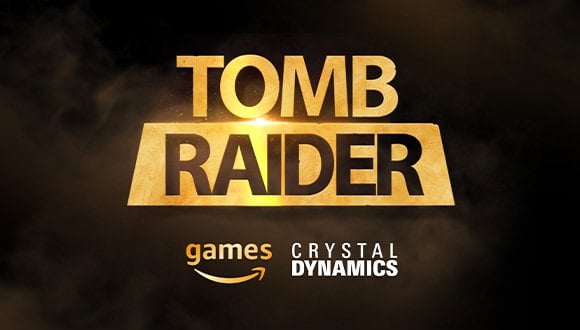
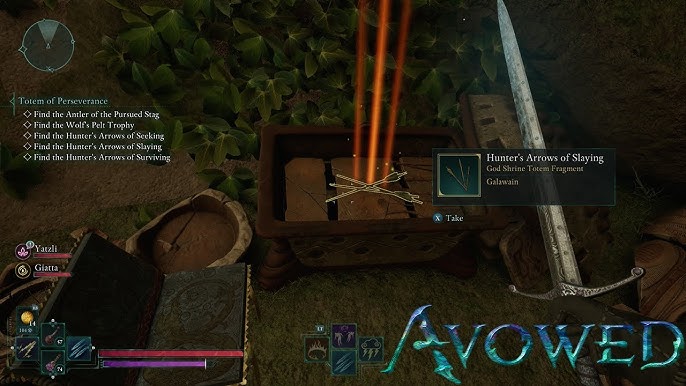
Call to Action: Your Thoughts?
What are your thoughts on the current state of PC gaming? Are you concerned about exclusivity? Do you prefer Steam or Epic? How do you think the DMA will affect the industry? Share your opinions in the comments below!